In 1932, a child was kidnapped and murdered. It was the son of Charles Lindbergh, an American hero for being the first man to fly solo across the Atlantic. The resulting trial became one of the biggest stories of the century and Walter Winchell showed up every day. But he didn’t just cover the story, he became a part of it, pioneering the blending of news and entertainment that we see to this day.
Features
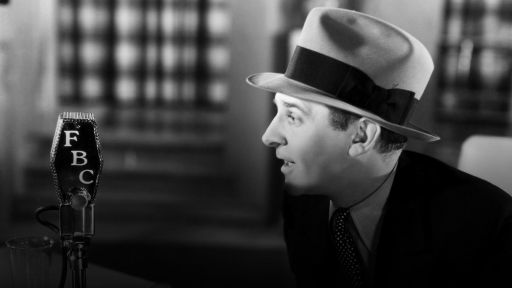
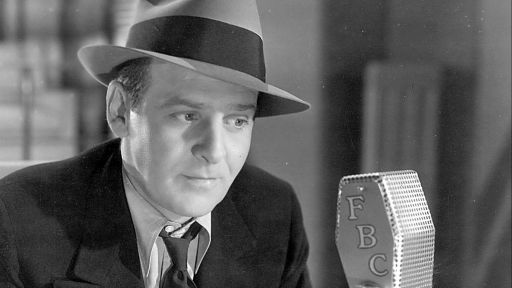
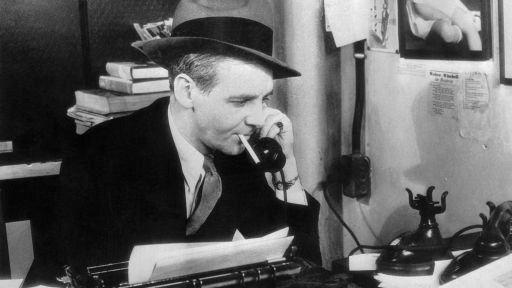
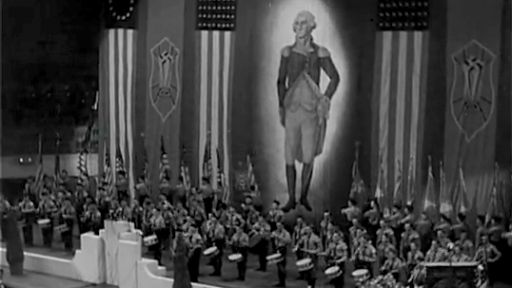
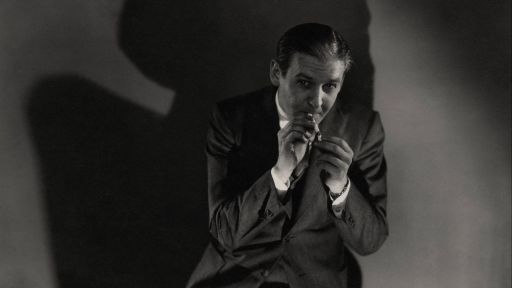

(gentle music) - [Narrator 1] In 1932, a child is kidnapped and murdered.
It is the 20 month old son of Charles Lindbergh, an American hero for being the first man to fly solo across the Atlantic.
Two years later, Bruno Hauptmann is arrested for the crime.
- [Narrator 2] This is the trial of the century, and any byline in America wants to be there.
- Winchell showed up every day at the courthouse with his typewriter, pounding out thousands of words today of copy and Winchell stayed out through the whole trial, weeks of this.
He believed that this was a way to demonstrate that he was a serious reporter.
- [Narrator 3] Winchell doesn't just take a reporter's byline.
He becomes the headline.
In doing so, he pioneers the blending of news and entertainment.
- From row A seat 5 Flemington courthouse, January 17th, witnesses confirmed this writer's contention at the time, the money was allegedly spent by Bruno on September 15th, 1934 in the morning.
- He understood that people wanted novelty.
That fact was irrelevant really.
He uses his access to power to file sensational exclusives.
- Winchell was talking to the prosecutor who eat, dines with most evenings.
(indistinct) So he's reporting, not just the details of the trial, but he's giving you the kind of local color that only Walter Winchell can give you.
(indistinct) - That spell binding 40 minutes late Friday afternoon will never be forgotten by those of us who were there.
It was the fury and the fire of the prosecutor who had seemed to most of us was representing civilization.
- (indistinct) seen that letter.
- [Man] The verdict was guilty.
- [Narrator 4] For Winchell, the verdict is in.
He's a legitimate journalist.
- Oh, that's another big one for me.
come on fellows, put it in your story.
I was the first one to call it.
(gentle music)
